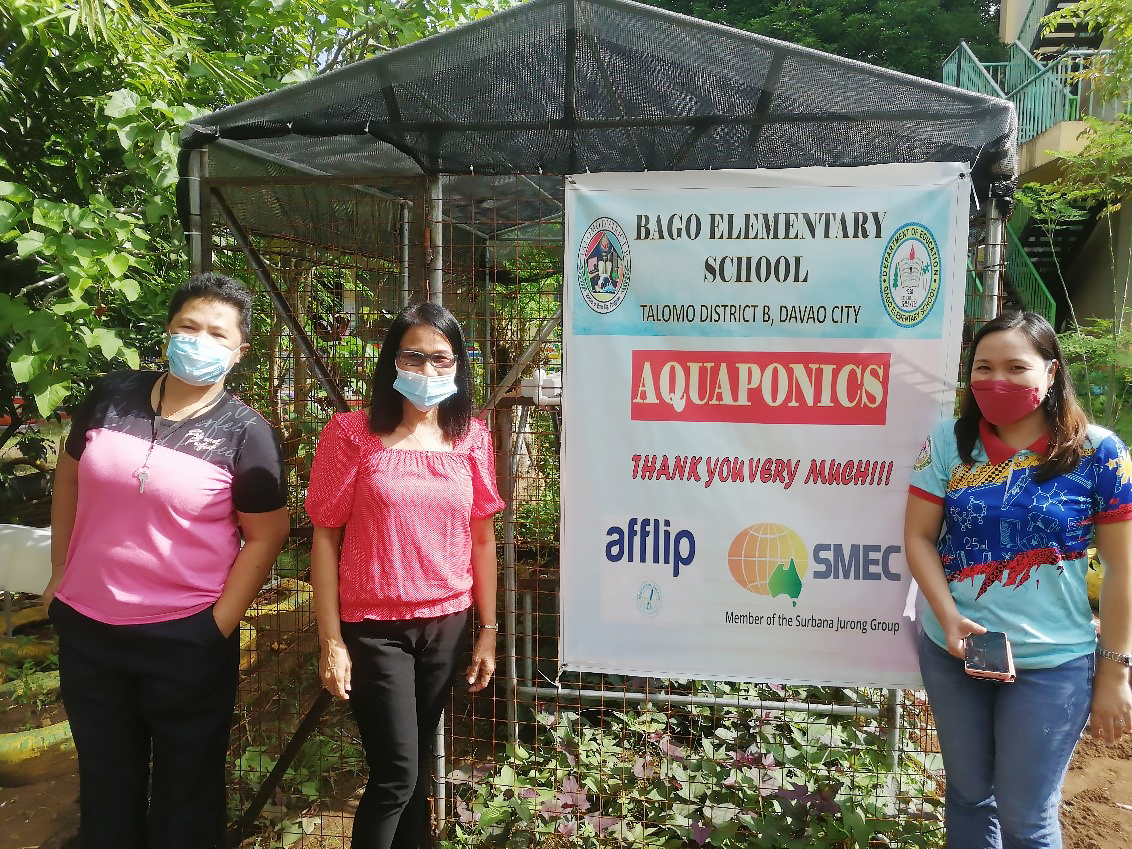The latest collaboration focused on mushroom farming across seven schools, initiating sustainable change by providing agricultural opportunities that benefit students, families, and the local community.
Inspired by the nutritional value of mushrooms, the project addresses health concerns such as hypertension and diabetes. Students will focus specifically on the environmental sustainability of growing oyster mushrooms, which thrive on agricultural waste such as crop remains and sawdust.
The learnings will include establishing modern mushroom cultivation facilities that foster hands-on education and sustainable practices. The proceeds from the sale of these mushrooms will be used to support education and development at the schools.
Additionally, this project seeks to enhance the national School-Based Feeding Program by introducing healthier mushroom-based meals and acquainting students with nutritious options. It also endeavours to showcase eco-friendly farming practices through mushroom cultivation.
SMEC’s financial support, facilitated by the Southeast Asia & Pacific (SEA&P) CSR Committee, will construct a 2.5m x 3m x 2.5m cropping shed in each of the seven schools. These sheds will feature Amakan walls and screen net ventilation for precise temperature and humidity regulation. Funding will also cover the purchase of construction materials such as coco lumber, nails, nylon rope, knapsack spray, corrugated sheets, crushed stone, mushroom spores, fruiting bags, and cement. Community members are generously providing the necessary labour for construction.
SMEC had previously collaborated with AFFLIP on several health and nutrition projects in 2017, as well as the construction of Multipurpose Outdoor Learning Domains in 2021.









